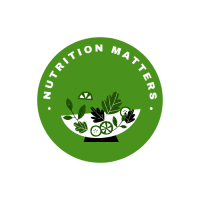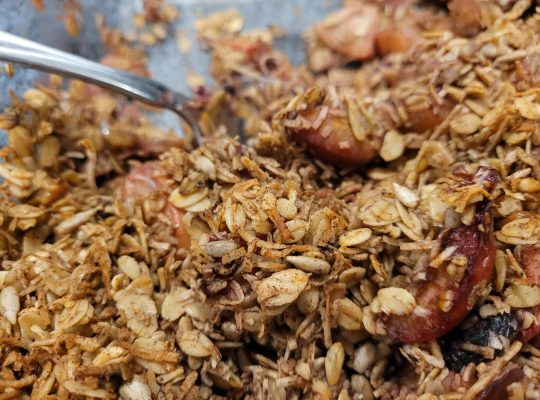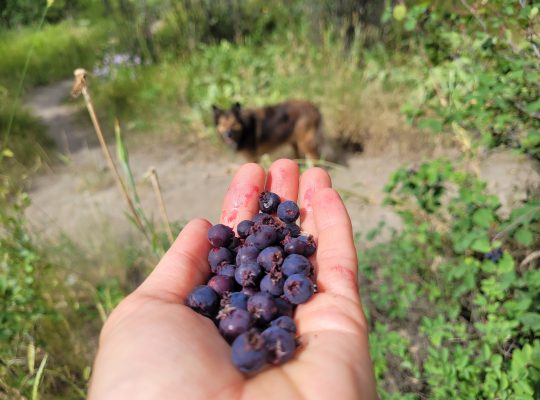I hope you agree that we need this, the monthly reminder of facts and tips on preventing age-related chronic diseases. This month the space is reserved for colorectal cancer: facts, risk factors, screening and more.
As I was putting this together, I got reminded that knowledge is vital. Literally. In case of many types of cancer, knowing more means working more intentionally towards prevention and screening and managing risk factors. That’s huge, because it’s literally LIFE-SAVING!
On that note, here we go:
March is colorectal cancer awareness month
Did you know that:
- Colorectal cancer is not an old person disease; in fact, rates among people under 50 have been going up, which raises the issue of early screening.
- Colorectal cancer affects both men and women, and it is the second most common cause of death in both sexes.
- More than 90 percent of the time, colorectal cancer can be successfully treated if diagnosed early.
Risk factors
- Personal history of polyps and colorectal cancer
- Irritable bowel disease or ulcerative colitis
- Family history of colorectal cancer (first degree relative such as sibling, parent, child)
- Inherited syndromes.
Early warning signs
- Changes in bowel habits, as well as shape and size of stools
- Rectal bleeding
- Blood in stool
- Abdominal pain
- Unexplained weight loss (unintended)
- Fatigue
Screening
The easiest test (perfectly non-invasive) is the highly sensitive fecal immunochemical test (FIT) which consists of a small stool sample you collect and return to the lab for analysis. In Canada it is done every two years starting at age 50, possibly earlier if there are risk factors so make sure to talk to your doctor about it.
The Canadian Cancer Society recommends the FIT test every two years in people between 50 and 74 who are not at high-risk, and flexible sigmoidoscopy every 10 years.
What you can do to reduce risk
- Eat a mostly plant-based, fibre-rich diet – include veggies, fruit, beans and lentils, whole grains, nuts and seeds, as well as herbs, spices and mushrooms too!
- Be aware that excessive weight (and having a high amount of visceral fat) can increase the risk.
- Reduce red meat consumption. Ditto for processed and deli meats.
- Quit smoking (which increases the risk of other cancers as well)
- Move daily to encourage regular bowel movements.
- Drink enough liquids (skip the sweetened drinks!) but go easy on the alcoholic beverages.
- Eat fermented foods often (daily if possible).







